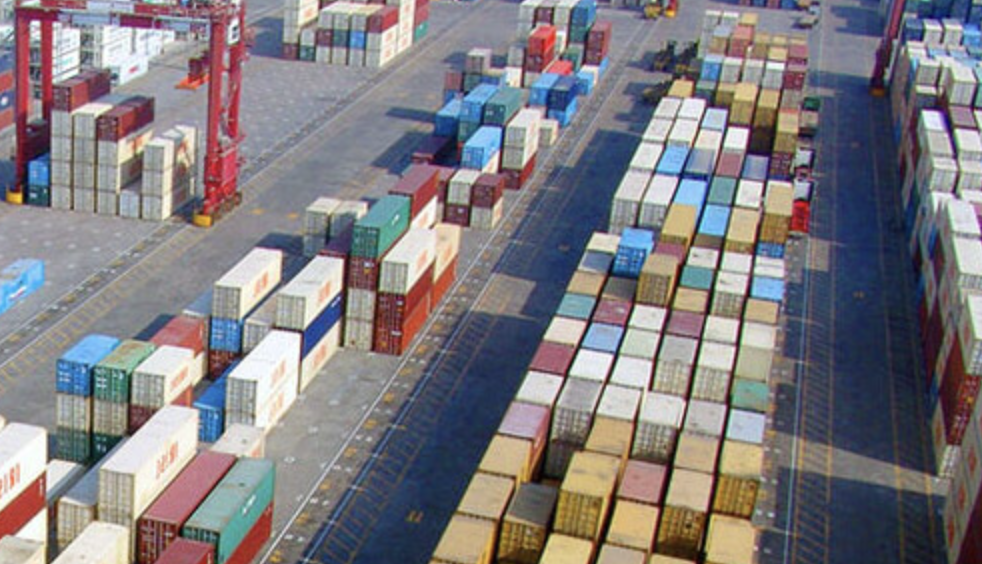India’s strategic focus on integrating Micro, Small, and Medium Enterprises (MSMEs) into global value chains, emphasized at G20 meetings and through the Foreign Trade Policy of 2023 is a significant step forward. The MSME sector, which accounts for 29.2% of GDP and 36.2% of manufacturing output in 2021-22 plays a vital role in employment generation.

However, there’s been a decline in the share of MSMEs in India’s exports dropping from 49.4% in 2020-21 to 43.6% in 2022-23. This trend is concerning, given the global economic uncertainties.
To enhance the role of MSMEs in India’s growth and employment various measures can be taken. For instance, many MSMEs currently function as contract manufacturers, but there’s potential for growth in private label sourcing. Private labels are products manufactured by third parties, often MSMEs and sold under a retailer’s brand. This market is expanding due to consumer preferences for affordable, high quality products.
Private labels also benefit MSMEs by increasing their revenue and reducing dependence on a single product or customer base. Collaboration with private labels enables cost effective growth and innovation, tapping into established supply chains and reducing competition through exclusive supply deals. This enhances MSMEs’ revenue stability and global competitiveness.
However concerns arise regarding consumer protection from fake product reviews of private label items online. While there’s no specific law regulating private labels in India, they are covered under various regulations including labeling rules.
Balancing regulations is crucial to avoid stifling MSME growth through e commerce platforms. The e commerce rulebook should clarify the roles and responsibilities of sellers and marketplaces while addressing gaps in existing regulations.
Partnerships between the government and companies are essential to onboard more MSMEs onto e-commerce platforms aligning with G20 objectives and India’s Foreign Trade Policy 2023. This will expand their presence in domestic and global markets.
In conclusion, empowering MSMEs through private labels is a promising avenue for growth, but careful regulation is necessary to ensure transparency, competition and a level playing field while protecting consumer interests.
